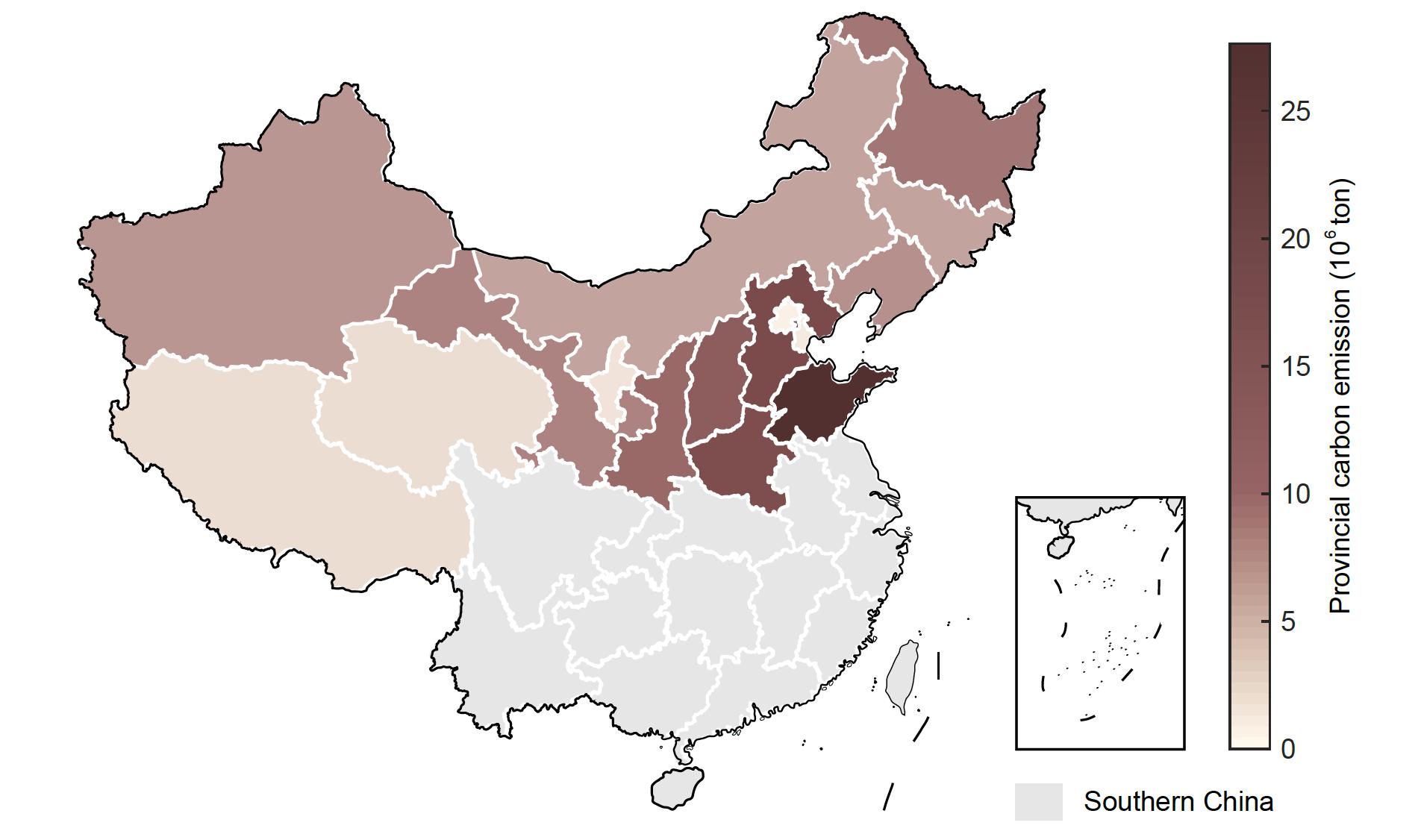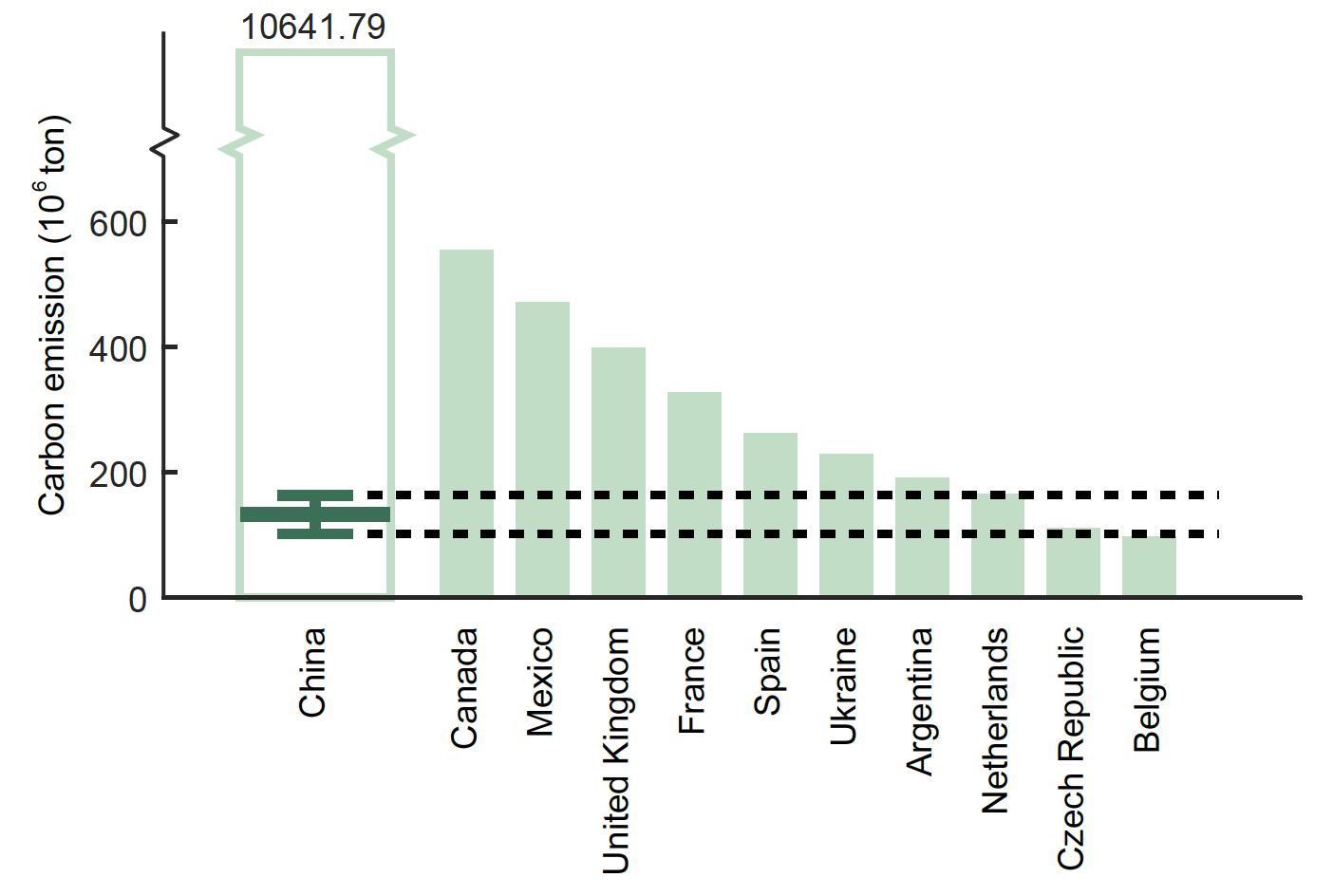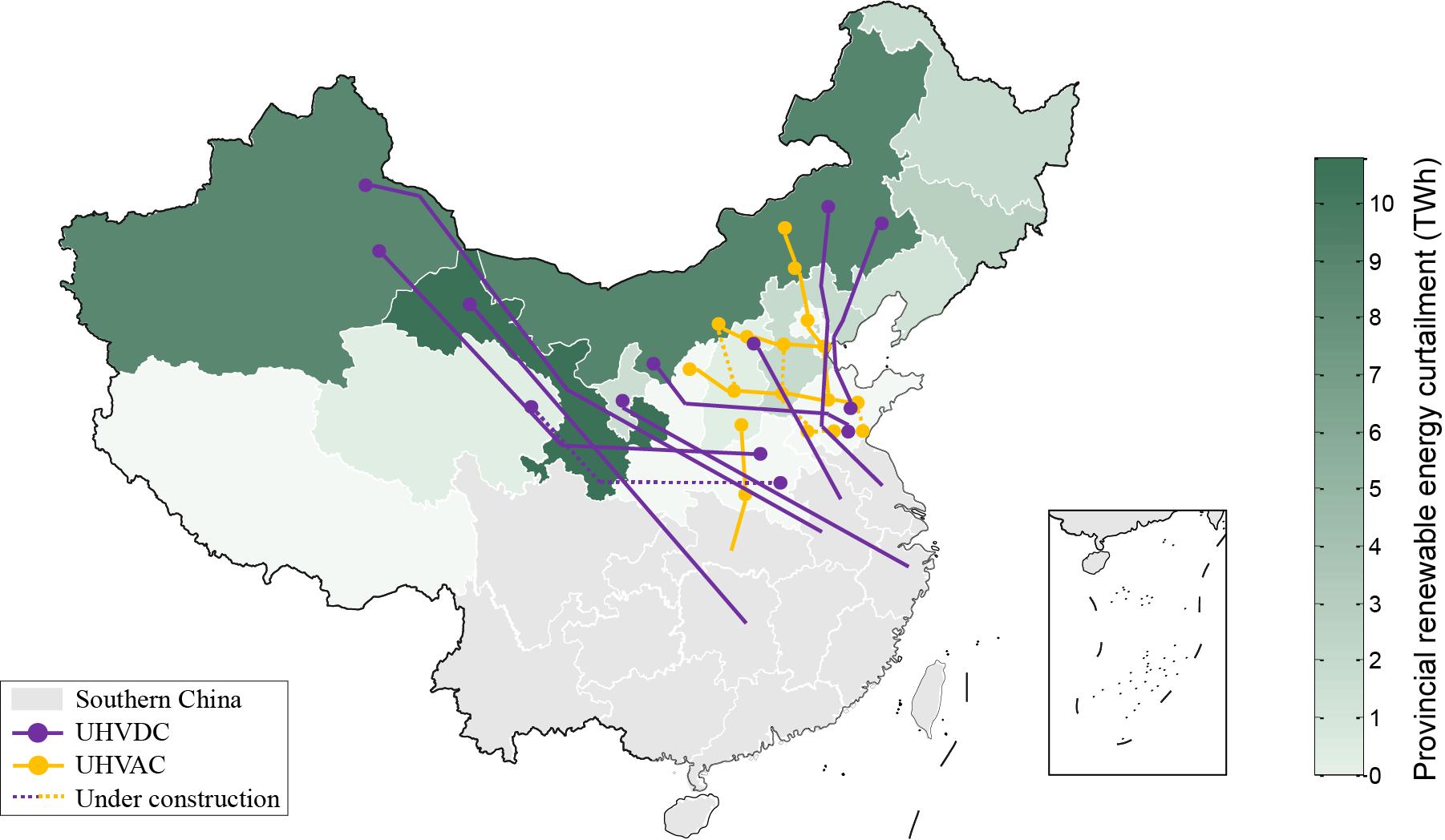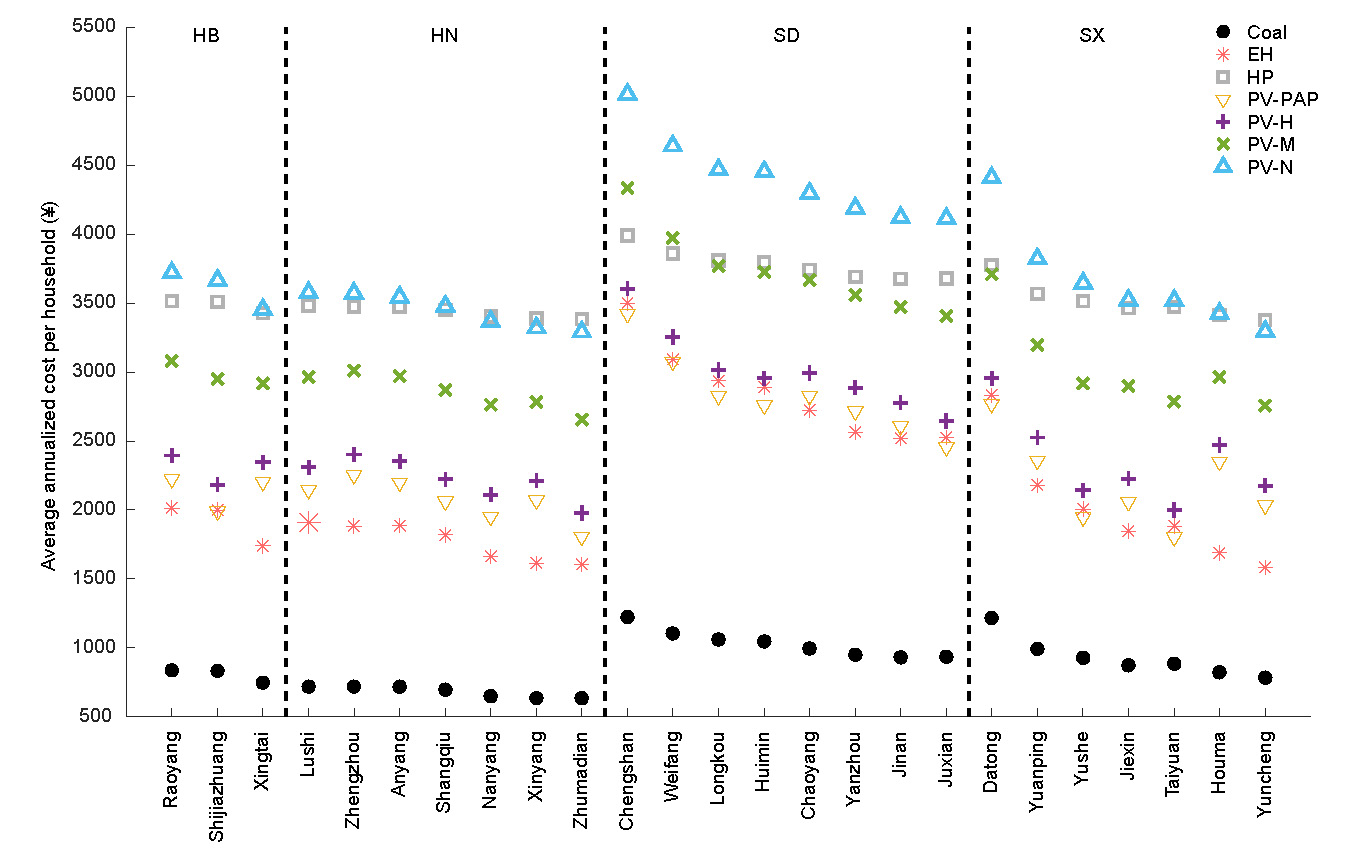Associate Professor Zhong Haiwang of EEA, Tsinghua University has made innovative achievements in the field of cross-research on the environmental impact of power system operation, and published a research paper entitled "Exploring the Trade-offs between Electric Heating Policy and Carbon Mitigation in China)" in Nature · Communications on November 27th, 2020. The first author of this paper is Wang Jianxiao, a direct doctoral student of EEA (now a professor at North China Electric Power University), and the communication authors are Associate Professor Zhong Haiwang of EEA and Professor Daniel Kammen of the University of California at Berkeley, and other collaborators include Researcher Yang Zhifang of Chongqing University, Associate Professor Liu Zhu of Department of Geoscience Tsinghua University, Professor Xia Qing of EEA and Professor Kang Chongqing of EEA of Tsinghua University, et al.
Research background
In recent years, in order to alleviate the environmental pollution caused by bulk coal combustion in rural areas, provinces and cities in northern China have issued clean heating and electric energy substitution policies. With the implementation of clean heating policy, electric coal replacement facilities such as large-scale direct / regenerative heat pump, air source heat pump and solar energy are connected to the power grid and put into operation, which significantly restrains the low-altitude emissions of sulfur dioxide, nitrogen oxides and dust produced by bulk coal combustion, and improved the air quality in northern China. However, at present, the coal-based energy pattern in China is difficult to adapt to the greatly improved electrification level of energy terminals in rural areas, and the rapidly growing heating demand is aggravating the carbon emissions on the source side of China's power system and more or less delaying the implementation of carbon emission reduction strategy against climate change.
Research method and main conclusion
This study proposes a power system operation emission analysis method with embedded building energy consumption fine simulation and the corresponding numerical simulation platform. It reveals the impact of clean heating policy on carbon emission reduction, and studies the dual value development path of pollution control and carbon emission reduction. Compared with the traditional environmental impact analysis methods of electric energy substitution in the world, the model and system proposed in this study can realize hourly high-precision power system operation simulation and bilateral source-load energy consumption and carbon emission analysis, it provides a basic theory and tool platform for a comprehensive study of the sustainability of multi-energy substitution and energy terminal electrification technology path in China.
The empirical analysis based on northern China shows that the greatly improved electrification level of energy terminals in rural areas will significantly change the load curve of provincial power grids. In recent years, Hebei Province has made great efforts to promote the distribution of electricity instead of coal, and Fig. 1 shows the hourly load curve of a typical week.

Fig. 1: A weekly load curve of electricity instead of coal in Hebei Province
The study shows that the sustained and rapid growth of clean heating load will cause additional carbon emissions on the generation side in China power system. In 2015, the electric heating policy caused 16 provinces, autonomous regions and municipalities directly under the Central Government to emit an additional 1.0169-162.89 million tons of carbon dioxide, which is equivalent to about 1-162.89 million tons of carbon dioxide emitted by the whole country of France in the whole year, as shown in Fig. 2.

(a)

(b)
Fig. 2: (a) Carbon emissions from the implementation of electricity instead of coal in northern China in 2015
(b) China carbon emission increment impacted significantly
In addition, the environmental impact of the policy is likely to expand further in 2020, and the carbon emission is estimated to be increased to 130.03-197.87 million tons, which will have an impact on climate change in China and even around the world.
At the same time, the study proposes near-zero emission policy recommendations for cross-regional renewable energy matching and the development of air-source heat pumps, solar energy and other efficient facilities, and analyzes the cost-effectiveness of different technology paths according to China's current subsidy policy.

(a)

(b)
Fig. 3: (a) China wind energy abandoned, solar energy abandoned and cross-provincial lines distribution
(b) Cost-benefit analysis of different heating routes
It is expected that this study will provide theoretical models and policy suggestions for China to improve the level of electrification of energy terminals, promote the development of new urbanization, and implement the carbon-neutral strategy against climate change.
This research is supported by the National Natural Science Foundation of China and the Science and Technology Project of State Grid Corporation Headquarters.
Article link:
Wang, J., Zhong, H., Yang, Z. et al. Exploring the trade-offs between electric heating policy and carbon mitigation in China. Nat. Commun. 11, 6054 (2020).
https://doi.org/10. 1038/s41467-020-19854-y
Nature Sustainability Community blog link:
https://sustainabilitycommunity.springernature.com/posts/rural-electrification-is-impeding-carbon-neutral-strategy-in-china

















 News & Events
News & Events